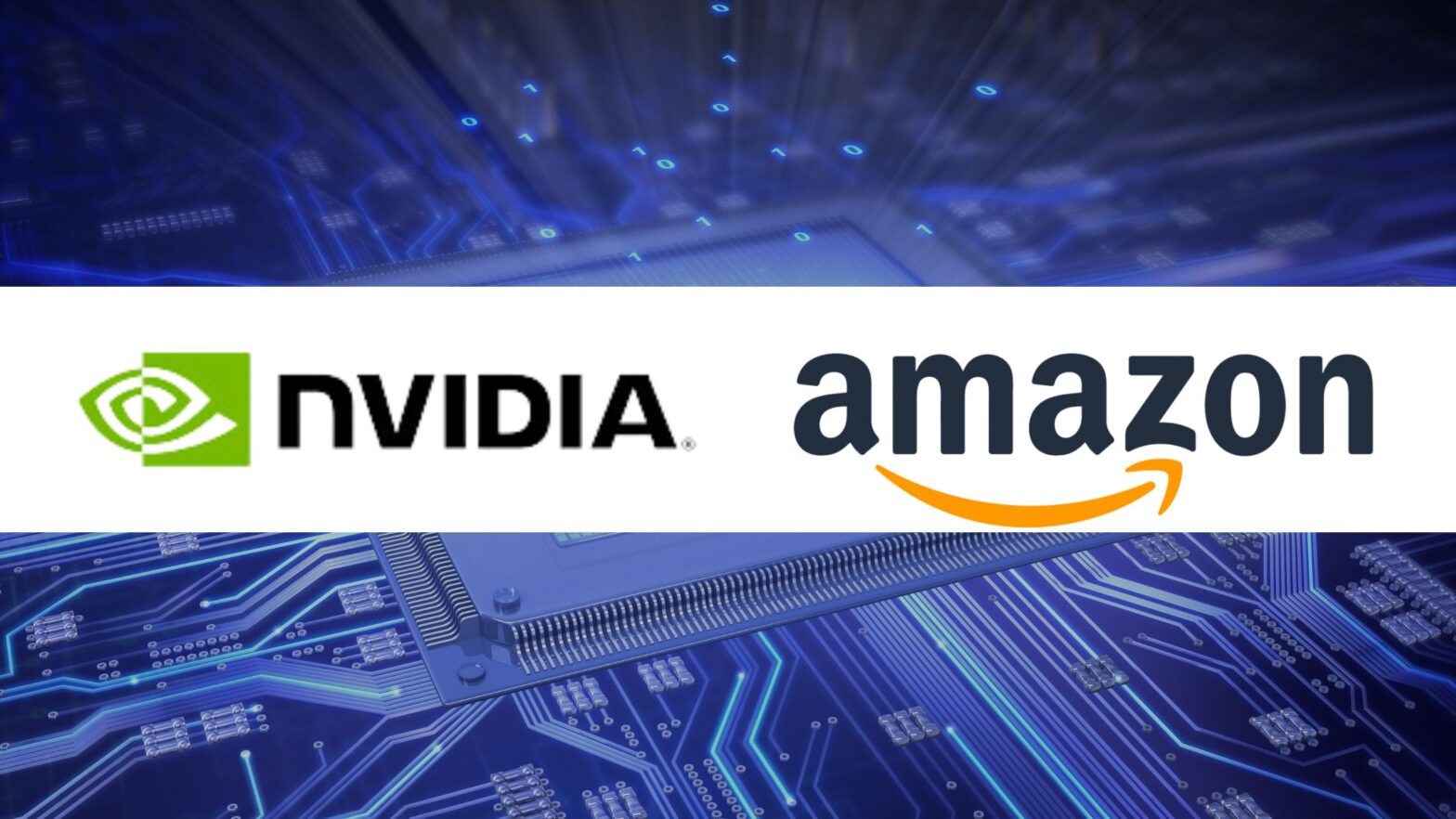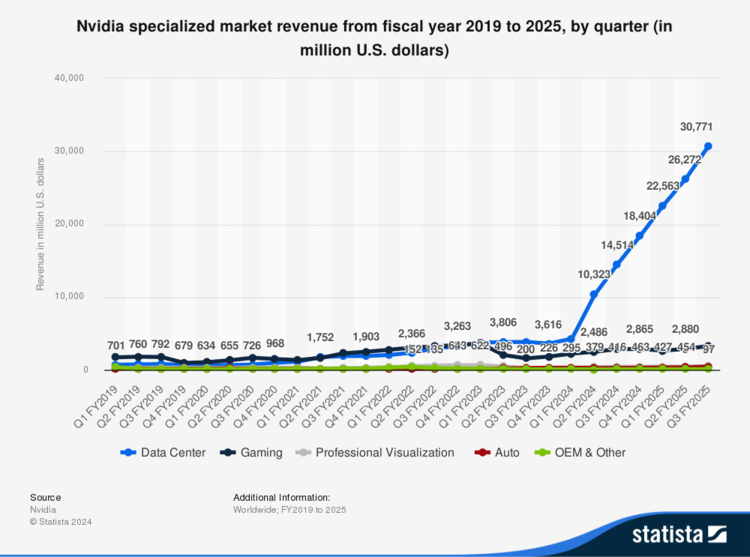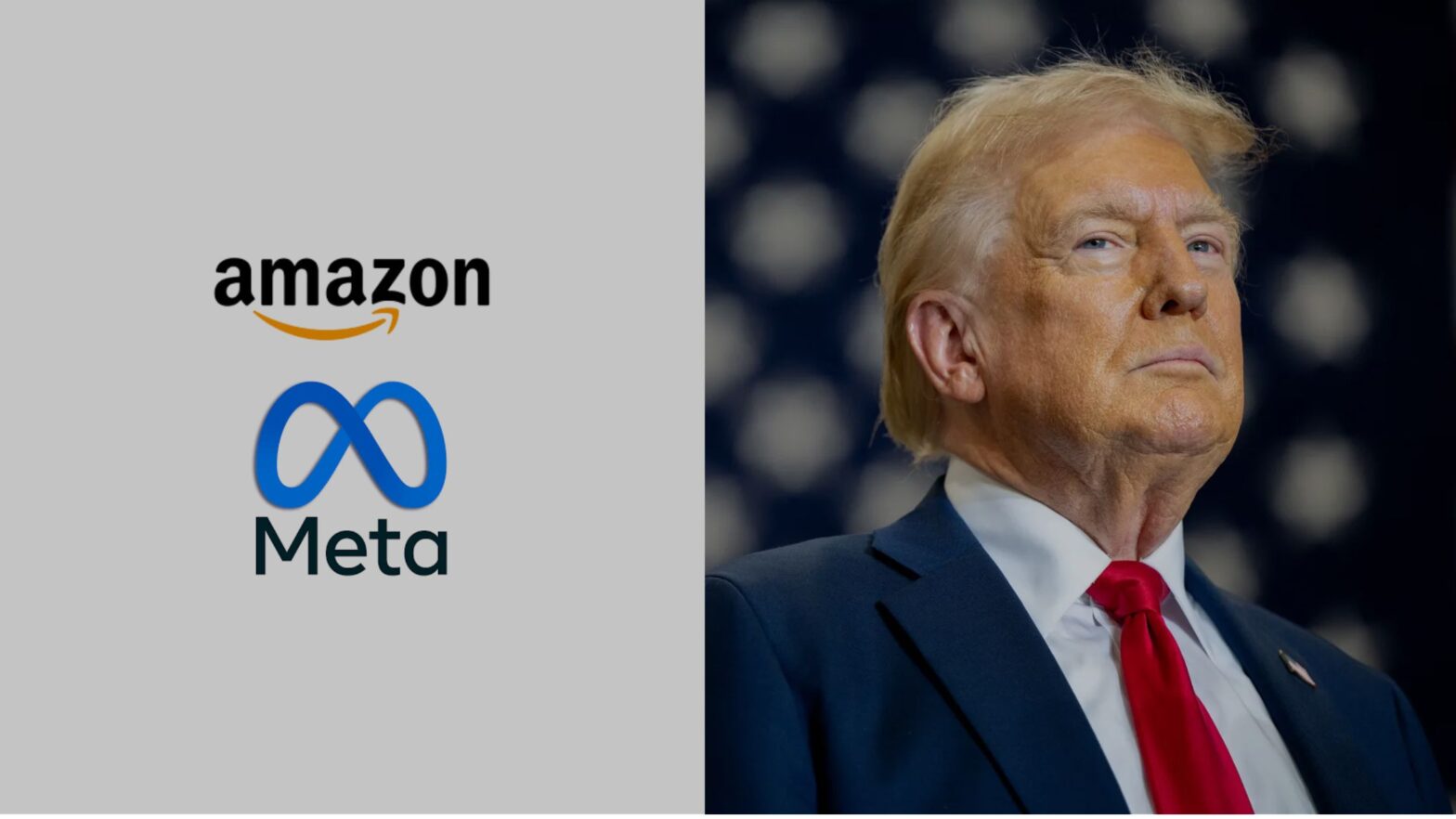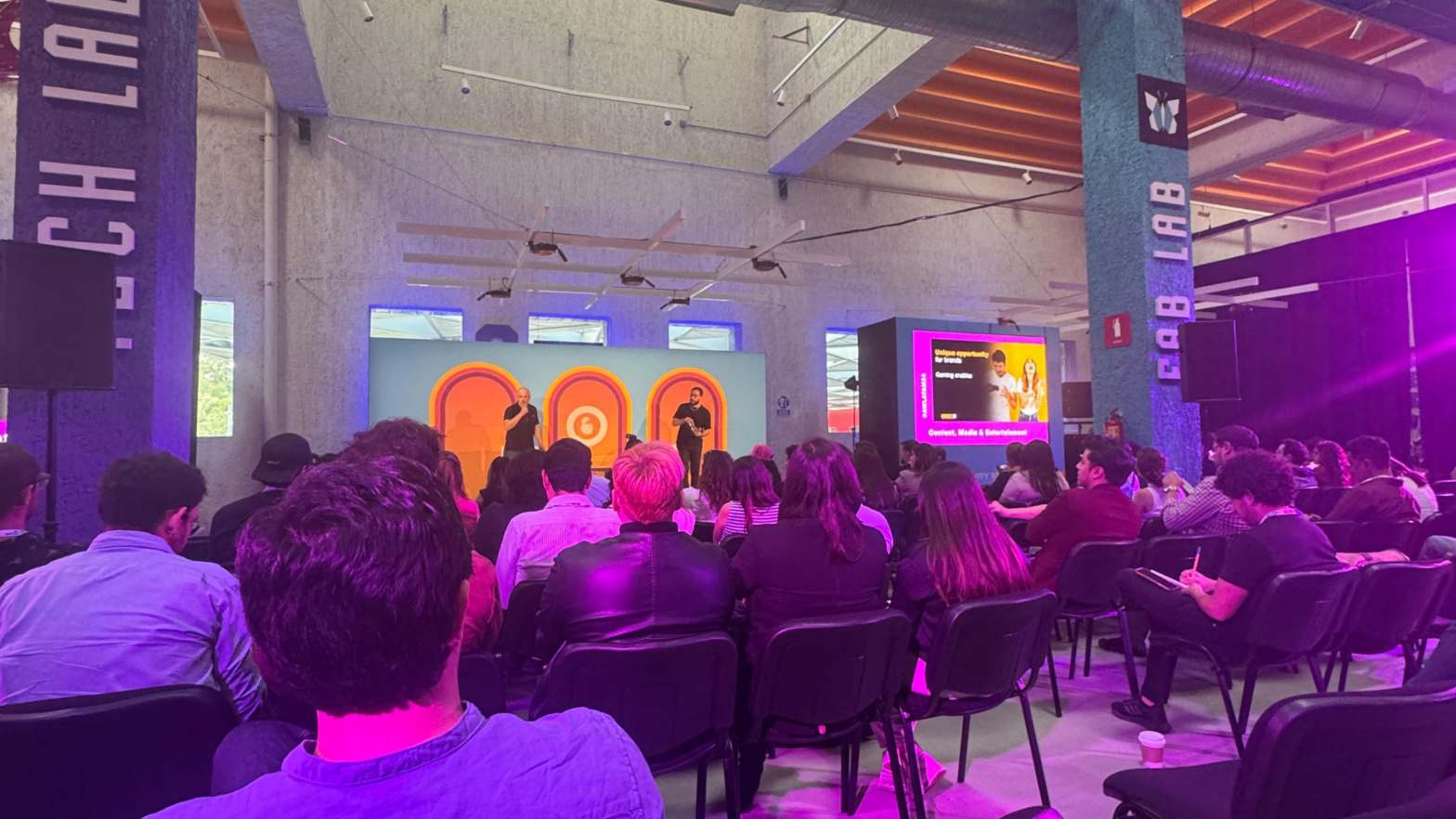Amazon takes on Nvidia: a new chapter in the race for Artificial Intelligence
November 25, 2024

Amazon, known for its dominance in e-commerce and cloud services, is now setting its sights on transforming the artificial intelligence (AI) chip market. In a strategic move, the company is aiming to compete directly with Nvidia, the leader in this sector, by developing faster and more cost-effective chips. What does this bold move entail, and how could it impact the industry?
Amazon’s new chips: Graviton and Trainium
Amazon has focused its efforts on developing custom processors like Graviton and Trainium, specifically designed to optimize machine learning tasks and handle massive data volumes. These solutions promise superior performance at a significantly lower cost compared to Nvidia’s high-end GPUs, which currently dominate the market.
Additionally, Amazon has launched an initiative to offer free computing power to AI researchers, solidifying its position not only as a leader in cloud services but also as a key driver of technological innovation.
Why now? The competitive context
Nvidia has established a near-monopoly in AI chip manufacturing, with its GPUs widely used for training models like OpenAI’s ChatGPT. However, the high cost of its premium technology leaves an opening for competitors offering more affordable solutions.
Amazon Web Services (AWS) already commands a large share of the cloud services market, and its new chips could provide a competitive edge by offering integrated, cost-efficient alternatives to its clients.
Nvidia leads the market, but Amazon is ready to compete
Recent data shows Nvidia’s data center segment has experienced explosive growth, surpassing $30 billion in projected revenue by the third quarter of 2025. This sector is its primary revenue driver, far outpacing other markets like gaming and professional visualization. The chart below clearly illustrates Nvidia’s dominance in this segment:

This growth highlights the increasing demand for advanced GPUs in implementing AI models. However, Amazon plans to disrupt this space with its Trainium and Graviton chips, which could not only lower adoption costs but also reduce dependency on Nvidia’s hardware in the data center market, signaling a significant shift in competitive dynamics.
Beyond costs: speed and innovation
Amazon’s new chips are not just about cutting costs—they also aim to significantly boost performance. According to El Economista, these processing units are up to 40% faster in specific scenarios compared to Nvidia’s offerings. This improvement could accelerate advancements in key industries such as:
- Healthcare: Genomic data analysis and drug development.
- Automotive: Autonomous driving systems.
- Entertainment: Personalized content creation and real-time streaming.
Implications for the Tech Industry
- Market Diversification: Amazon’s entry could fragment a sector currently dominated by Nvidia, fostering greater innovation and competition.
- Democratized Access: By offering free and affordable computing power, Amazon aims to eliminate barriers for startups and universities, broadening AI’s reach.
- AWS Integration: AWS clients will gain seamless access to these new technologies without needing external providers, enhancing Amazon’s ecosystem value.
The challenge for Nvidia: is its monopoly at risk?
While Nvidia remains the market leader, Amazon’s move signals that no sector is immune to disruption. With a strong focus on cost-efficiency, Amazon is well-positioned to attract customers seeking more accessible solutions, particularly in emerging economies.
Conclusion: the future of AI in the hands of giants
The competition between Amazon and Nvidia is not just redefining the AI chip market—it’s ushering in a new era where major corporations seek to dominate every stage of AI development and implementation. For businesses and consumers, this means more options and, potentially, accelerated technological advancements shaping the future.




